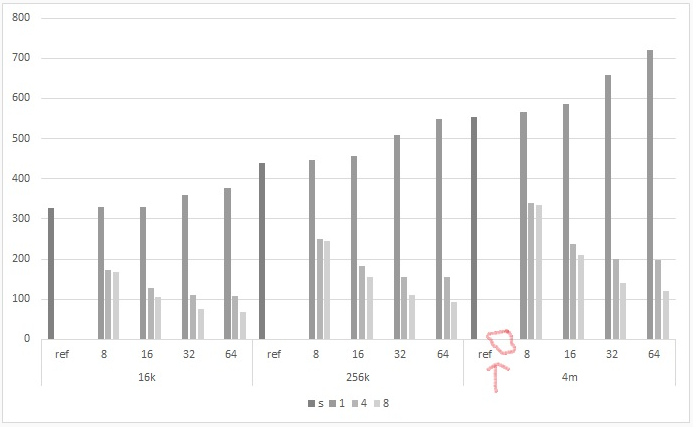Excel Whitespace Removal: Simplify Your Spreadsheet Now

Why Whitespace in Excel Matters

Whitespace in Excel spreadsheets might seem like a minor inconvenience, but its impact on data integrity and efficiency can be significant. Unnecessary spaces can lead to errors in data analysis, misaligned data entries, and even disrupt the functionality of macros or formulas. Understanding and managing whitespace effectively can streamline your workflow, ensuring accuracy and consistency in your data handling.
How to Remove Whitespace in Excel

Here’s how you can address whitespace in Excel using various methods:
1. Manual Removal

The simplest way to deal with extra spaces is to manually delete them. This method is best for small datasets:
- Select the cell where the unwanted space is located.
- Position your cursor at the beginning or end of the text, depending on where the space is, and press Backspace or Delete to remove it.
While this approach is straightforward, it’s time-consuming for larger datasets.
2. Using Excel Functions

For a more efficient and automated approach, consider these Excel functions:
- TRIM Function: This function removes all spaces from a text string except for single spaces between words.
=TRIM(A1)
If you want to apply this to a range of cells:=TRIM(A1:A10)
The results will be an array of cleaned text in adjacent cells. - CLEAN Function: This removes non-printable characters from text. While not specifically for spaces, it can help when dealing with data imported from external sources.
=CLEAN(A1)
- SUBSTITUTE Function: If you want to replace specific whitespace characters:
=SUBSTITUTE(A1, CHAR(160), "")
Here, CHAR(160) represents the non-breaking space character which might appear in some datasets.
3. With Macros (VBA)

For bulk operations or complex patterns, you might consider using VBA:
- Press Alt + F11 to open the VBA editor.
- Insert a new module by right-clicking on any module in the project explorer and selecting Insert > Module.
- Enter the following code:
Sub RemoveLeadingTrailingSpaces() Dim rCell As Range For Each rCell In Selection rCell.Value = Trim(rCell.Value) Next rCell End Sub - Run the macro by selecting your data range, pressing Alt + F8, selecting your macro from the list, and clicking Run.
This macro will remove leading and trailing spaces from the selected cells.
💡 Note: VBA macros can significantly enhance your Excel experience, but they require enabling macro functionality, which poses security risks. Always ensure macros are from trusted sources.
4. Using Power Query

Power Query, introduced in Excel 2010, is a powerful tool for data transformation:
- Select the range or table containing your data, then go to Data > From Table/Range to open Power Query Editor.
- In the editor, navigate to Transform > Text Column > Trim or use Clean for non-printable characters.
- Click Close & Load to apply changes back to Excel.
Power Query not only handles whitespace removal but also allows for a variety of data transformations and can refresh data automatically when your source changes.
Summary of Whitespace Management Techniques

| Method | Description | Use Case |
|---|---|---|
| Manual | Using backspace or delete to remove unwanted spaces | Small datasets or one-off corrections |
| TRIM Function | Removes extra spaces within text | Data cleaning in spreadsheets |
| CLEAN Function | Eliminates non-printable characters | Data imported from external sources |
| SUBSTITUTE Function | Replaces specific whitespace characters | Special whitespace characters like non-breaking spaces |
| VBA Macro | Automated removal of leading and trailing spaces | Bulk data processing |
| Power Query | Data transformation including whitespace removal | Data preparation and cleaning |

Addressing whitespace in Excel isn't just about cleaning data; it's about improving the accuracy of your analyses, the efficiency of your formulas, and the overall performance of your spreadsheets. By applying these techniques, you can ensure your data is clean and prepared for any analysis or reporting needs. This comprehensive approach to managing whitespace will enhance the reliability of your Excel work, making your spreadsheets more professional and error-free.
What are the most common types of whitespace in Excel?

+
The most common types of whitespace in Excel are leading spaces (at the beginning of a cell), trailing spaces (at the end), and internal spaces (multiple spaces between words or characters). Non-breaking spaces and other non-printable characters can also appear, especially in data imported from external sources.
How can I automatically clean my data every time new information is added?

+
Using Power Query in Excel allows you to set up data transformation steps that automatically clean your data. Each time new data is loaded, Power Query will apply the predefined cleaning rules, ensuring consistent data quality without manual intervention.
Is it possible to remove all types of spaces with a single Excel function?

+
The TRIM function removes leading, trailing, and extra spaces between words but not non-breaking spaces or other non-printable characters. For those, you would need to use functions like SUBSTITUTE or CLEAN in conjunction with TRIM.